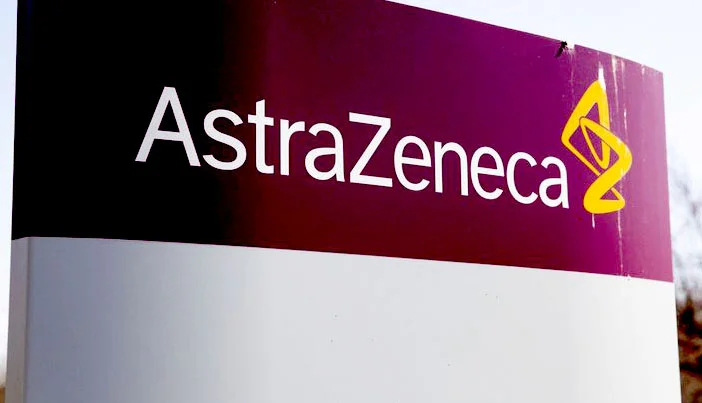AstraZeneca expects COVID prescriptions to drive sales growth of more than 20% this year. The company’s second-quarter profit beat analyst projections.
In many places, people with impaired immune systems who receive little or no effect from immunizations are given Evusheld, an injection that protects against COVID for at least six months.
The long-acting antibody treatment, released in December, produced $445 million in sales.
“Real-world research shows 30% to 40% of COVID hospitalizations occur in immunocompromised patients,” Aradhana Sarin told Reuters.
The London-listed company raised its full-year revenue outlook from “high teens” to “low twenties.”
It left its prediction for an increase in adjusted earnings per share in the “mid-to-high twenties” unchanged, partially due to a higher budget for drug R&D and marketing and distribution of Evusheld.
CFO Sarin said inflation drove up distribution costs like freight rates by more than 30%.
Jefferies and JPMorgan (NYSE:JPM) analysts said investors were unlikely to be enthused by the profit projection, and its shares fell as high as 3.1% and were down 2% at 0930 GMT, underperforming the STOXX Europe 600 Health Care index, which fell 0.3%.
Adjusted second-quarter earnings doubled to $1.72 per share on revenue of $10.8 billion, up 31%. Refinitiv data showed analysts projected $1.56 per share on $10.50 billion in revenue.
The company stated Friday that Michel Demaré will replace non-executive Chairman Leif Johansson next year. Demaré chairs AstraZeneca’s pay committee.
In 2012, Johansson became chairman and Pascal Soriot became CEO.
Soriot, who rebuffed Pfizer’s 2014 purchase bid, is no longer a chairman candidate.
In addition, Demaré spearheaded Syngenta’s effective defence against an unwanted takeover attempt from Monsanto (NYSE:MON) in 2015, resulting in ChemChina’s acquisition of Syngenta.
AstraZeneca expects Evusheld sales to offset a fall in COVID-19 vaccine Vaxzevria sales due to competition.
The business predicted Evusheld’s growth wouldn’t offset Vaxzevria’s sales drop.
market sales China, which accounted for a fifth of revenues last year, fell 6% to $1.44 billion due to cheaper costs and COVID lockdown tactics that discouraged some patients from obtaining cancer therapy.
Astra’s lung cancer drug Tagrisso saw quarterly sales rise 7% to $1.4 billion, while cardiovascular and diabetes drug Farxiga’s sales rose 51% to $1.1 billion, both ahead of market estimates.

